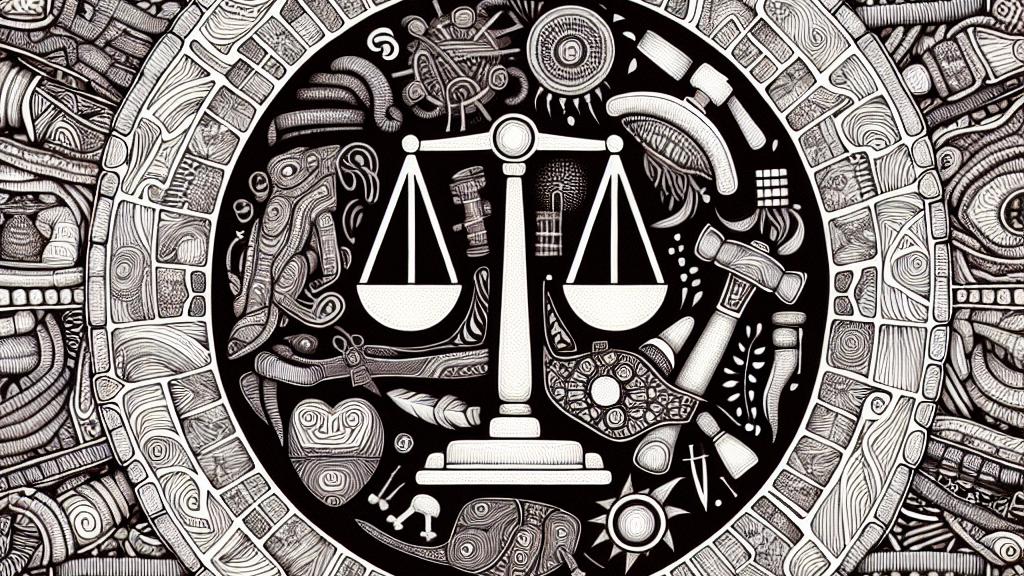Aboriginal Group Seeks Compensation for Mining Damages
Overview
- The Yindjibarndi group demands a staggering $1.1 billion for mining-related destruction.
- Mining activities have inflicted severe harm on both land and cultural integrity.
- This landmark case could redefine the parameters of Indigenous rights and reparations.

A Game-Changing Legal Battle
In what could become a pivotal moment for Indigenous rights in Australia, the Yindjibarndi Ngurra Aboriginal Corporation (YNAC) has embarked on a remarkable legal journey, seeking a colossal A$1.8 billion (around US$1.1 billion) from the Western Australian government. The heart of this dispute lies in the allegations that Fortescue Metals Group was allowed to extract iron ore from their ancestral lands without securing essential land use agreements. This isn't merely about numbers; it's about the Yindjibarndi people fighting for acknowledgment and justice in a system that has often overlooked their rights.
Devastation of Cultural Heritage
The stakes are extraordinarily high, as the consequences of this case ripple through the very fabric of Yindjibarndi culture. Experts have highlighted that the Solomon mine operations have not only halted traditions but have also desecrated over 285 crucial archaeological sites and obliterated six Dreaming tracks—pathways of profound importance in Aboriginal spirituality and cultural identity. Imagine losing the roots of your heritage: that's what this mining operation represents for the Yindjibarndi people. It’s not simply about the land; it’s about severing ties with ancestors and erasing histories that date back tens of thousands of years!
Holding Corporations Accountable
As this compelling case moves forward, it also challenges the obligations of both governmental and corporate entities in protecting Indigenous rights. Think back to the global outrage that erupted when Rio Tinto destroyed the Juukan Gorge rock shelters, leading to sweeping changes in its leadership. Such upheaval demonstrates that the mining industry's practices must directly align with respect for Indigenous sovereignty and history. While Fortescue has admitted that the Yindjibarndi people are deserving of compensation, the gap between their valuation and the community's expectations reveals a deep need for alignment and accountability—a call for a more meaningful dialogue that honors these communities.
The Ripple Effects of Potential Outcomes
Now, as all eyes focus on the unfolding courtroom drama, a vital question arises: What precedents will this case establish for the future? Should the Yindjibarndi group win, it could spark a monumental shift, motivating other Indigenous communities to assert their rights and pursue reparations for long-standing injustices. Picture a world where the voices of Aboriginal peoples are respected not just as a courtesy but as an integral part of the decision-making process regarding land use. This case could be the key to unlocking a future where Indigenous rights are not just recognized but actively upheld in every sphere of society.

Loading...